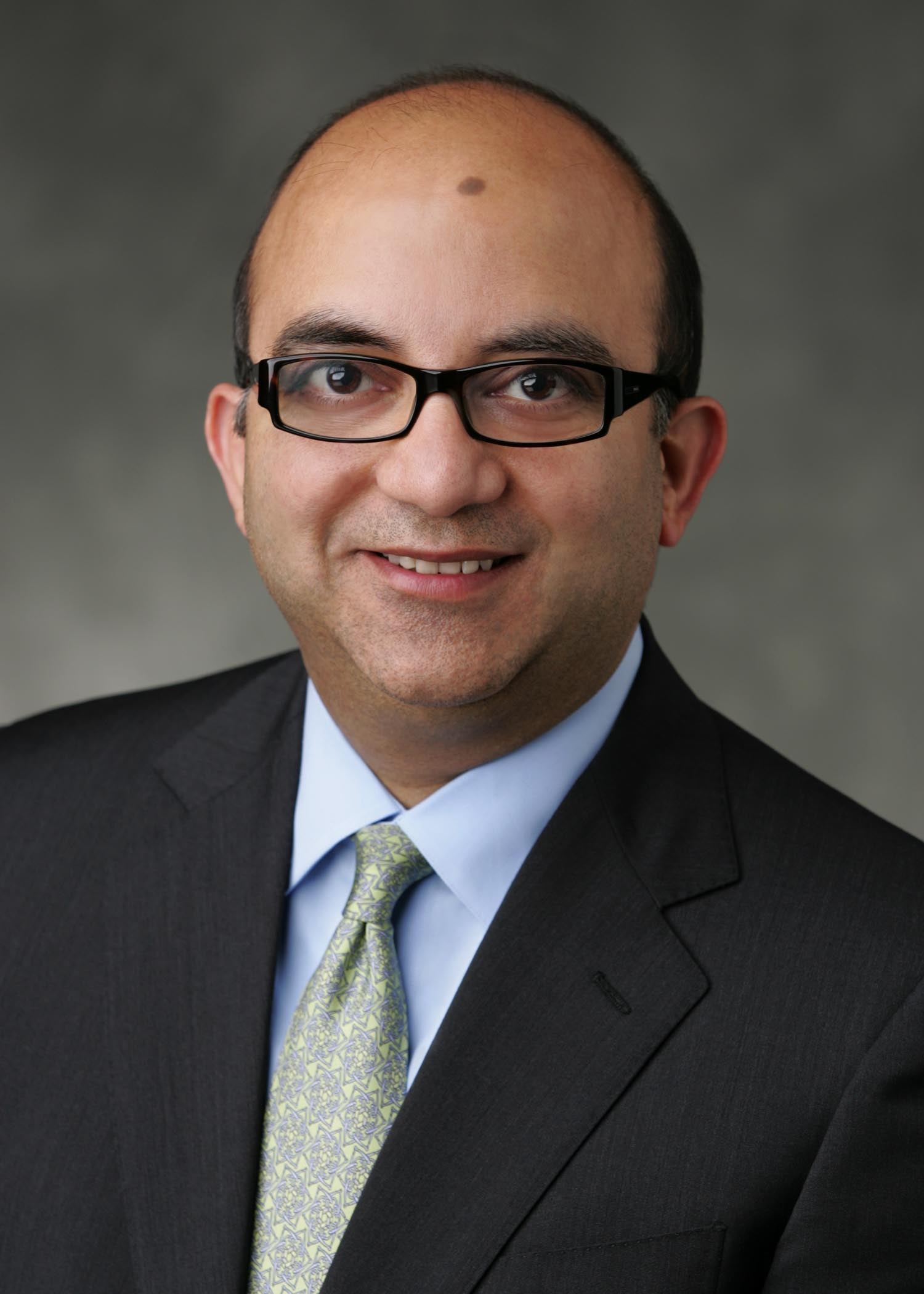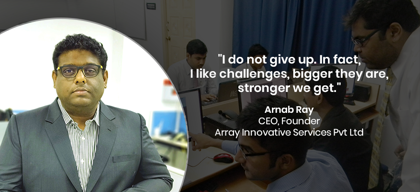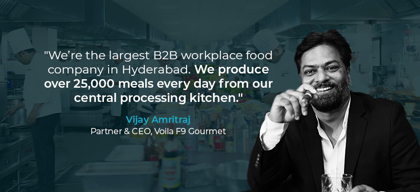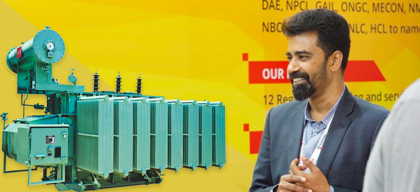5 critical questions for leadership success and life happiness

Leadership & Management
269 week ago — 12 min read
Background: For most people, the definition of happiness is often based on aspirations of getting a dream job, finding a life partner, making more money and so on. In other words, living a good life. But is only ‘living’ enough? Or should you allow your inner compass to drive you to ‘lead’ your life instead? Rajeev Peshawaria in his previous article shared the attributes of a leader that inspire trust. In this article he answers the five critical questions leading to leadership success and life happiness.
For over two decades, I’ve been coaching senior and mid-career executives. I either meet them 1:1 or in my seminars, and typically ask them to describe the challenges they are facing as employees, leaders, or in life in general. Some are unhappy with their bosses or colleagues; some don’t like their job content, while others report relationship problems in their personal life. They seek advice on either how to fix the problematic person(s) in their life, or on how to find a new job or personal relationship(s) in which such problems will not exist. They describe their challenges in vivid detail, often painting themselves as victims of gross injustice, and hope that I can help them in one of the two ways mentioned. However, it turns out that in most cases, it is not the job or the people in their lives that are the problem. Even if they are, the answer lies not in fixing 'them.' Rather, it lies in fixing and re-working one’s inner engineering. Specifically, I’ve learned that if one finds honest answers to the following five questions, one can drive and control one’s own leadership success and overall happiness much better:
Who or what does my feeling of happiness and success depend on?
Am I living or leading my life? Do I even know the difference?
What are the sources of my power/influence?
Do I work for my organization, or does my organization work for me?
What will my kids be proud of me for?
Interestingly, I’ve also learned that the answers to all five of them are based on one single key.
Q1. Who or what does my feeling of happiness and success depend on?
Most people measure success in terms of wealth and status. In general, they believe they will be happier if they are wealthier and/or have more formal authority. Sadly, in many cases, no matter how wealthy and powerful they get, the real feeling of happiness and success still eludes them. On the other hand, I meet many people of very humble means, but their happiness and feeling of success knows no bounds. Why are so many rich and powerful people so unhappy? Because they have never paused to think about what happiness and success really means to them. Devoid of such self-awareness, they tend to measure happiness and success in terms of power and product ownership, and by what others think of them. As a result, they can easily get greedy for more wealth and power. They also get more dependent on others to feel validated. Before long, they get surrounded by people who feed their ego by telling them what they want to hear, not what they need to hear.
Real success and happiness stems from knowing what your values are; and developing a value-based purpose in life. Even if the purpose is not achieved, the very pursuit of a worthy purpose, along with living the right values, becomes a source of happiness. When one has a clear sense of values and purpose, happiness and success depends on oneself, not others. High purpose people do not feel the need to measure their success in terms of their formal status or material wealth. This does not mean you should not aspire to be rich. But being rich without a sense of purpose is no panacea for happiness. As former U.S. President Franklin D Roosevelt once said, “Happiness lies not in the mere possession of money; it lies in the joy of achievement, in the thrill of creative effort."
So, what would you rather do? Drive your own happiness and success or depend on others for both?
Q2. Am I living or leading my life? Do I even know the difference?
When I ask people to describe the difference between living and leading life, most can nail it quickly by saying, “Living life is reactive, and leading life is proactive. When one is leading life, one has a clear sense of purpose backed by a set of values they believe to be right.”When I ask what the benefits of a clear sense of values and purpose are, again, they are quick to respond, “When you lead your life with values and purpose clarity, you are in control. Without it, you are at the mercy of everything that does or does not happen to you."
Despite the ease with which they can articulate the differences between living and leading life, most people fall deathly silent when I next ask them if they are currently living or leading theirs. I am always struck by the dichotomy – if they are so clear about the difference, why don’t they lead rather than just live? The answer is again the same: most people don’t pause to ask themselves existential questions like who am I, and why am I here?
No matter how big the obstacles in their way might be, no matter how hard it gets people with values and purpose clarity know how to find a way forward. They are much more resilient than those without such clarity. They lead their lives on their own terms. They are not at the mercy of how others treat them. Rather than societal norms and pressures, their inner compass drives them.
So, what about you? Are you living or leading?
Real success and happiness stems from knowing what your values are; and developing a value-based purpose in life. Even if the purpose is not achieved, the very pursuit of a worthy purpose, along with living the right values, becomes a source of happiness.
Q3. What are the sources of my power/influence?
This question is interesting. When I ask government officials and regulators, many cite their formal authority as their primary source of power and influence. But when I ask military personnel, even though their organisation is the epitome of command and control hierarchy, they often say it is their own role-modeling that gives them their real power and influence.
Clearly, there are two sources of power and influence – formal authority or rank, and what one stands for as a person. One of my favourite activities in seminars is to ask people to name a few powerful leaders from the 20th century. I ask them to give me one example each from Asia, Africa and the Americas. Almost always, the names that pop up are Mahatma Gandhi, Nelson Mandela and Martin Luther King Jr. Next, I ask them what these three people did not have for most of their lives, and the answer is simple: They did not have any formal authority or political office for the most part. And yet these are the names sighted as some of the most powerful examples of leadership in the last century. So, what was their source of power and influence? You guessed it: Who they were, what they stood for, and how they lived their lives each day. In other words, their values and purpose. As Mahatma Gandhi famously said, “My life is my message.”
So, what is the primary source of your power and influence?
Q4. Do I work for my organisation, or does my organisation work for me?
Satya Nadella, CEO of Microsoft has been credited with the spectacular turnaround of the tech giant in recent years. In an interview with Prannoy Roy of NDTV, when asked about it, he said something like, “I get a lot of credit, but it’s not me, it’s the people of Microsoft. But we are not done yet. Most employees say they work for Microsoft. Can we change the equation around such that they don’t work for Microsoft, but Microsoft works for them? Can people bring their passion to change the world through their work to Microsoft, and use Microsoft as the platform to deliver their passion to the world?"
I think this is a brilliant way of looking at work. Another way of thinking about is this: Is my work just a job, is it a career, or is it purpose? Research shows that in most cultures, people spend more than 50% of their waking hours on work-related activities. In that case, which part of our lives should we try to find purpose in, work or non-work? Further research shows that people who report a sense of purpose in their work report much more happiness overall and live longer and healthier.
So, what would you rather do, work for a company, or have the company work for you?
Q5. What will my kids be proud of me for?
Finally, this question helps put a lot of things in perspective. As people get busy between work and family responsibilities, they often stop thinking about themselves. I meet many parents who say they are working incredibly hard so that they can give their children the very best of everything. “It’s not about me anymore; it’s about how much I can do for my kids. I want them to have much more than what I had growing up.” In return, they expect that their kids will grow up into fine adults who will go on to achieve great heights of success and make them proud.
When I hear this, I often ask, “But why should your kids make you proud of them just because you’ve been a great parent? Isn’t it your basic duty to be one given you became a parent out of your own free will?” I seldom get an answer. Next, I pose the question I really want to ask, “What can you do to maximize the chances that your kids will indeed make you proud?” I hear answers like, “I should give them the right values” or “I should give them great education.” Eventually someone gets the hint and says, “The best thing I can do is to make them proud of me first. Maybe, just maybe, then they will feel like following in my footsteps or doing something even bigger. I need to be a role-model first."
And that is the key. How can we expect our children to achieve greatness and make us proud if we’ve given up on ourselves and are just living rather than leading our own life? The answer here is again the same – we need to develop a clear sense of values and purpose; and live our life pursuing the values-based purpose to create a better future – so that we become the role models our kids can be proud of.
So, are you working on creating a better future your kids can be proud of?
While the answers to each of the five questions lead to the same place, I encourage you to think about all five of them separately. Once you formulate your answers, you will have given your life a value and purpose story. As you get started on living the values and pursuing your worthy purpose, your story will become real. Your story will soon become a source of long-lasting courage and strength. Based on this strength, as you continue without giving up in the face of resistance, and you will eventually become the “Master of your Fate, the Captain of your Soul.”**
** These are the closing lines of the poem Invictus by William Ernest Henley that Nelson Mandela used as inspiration to survive 27 years of imprisonment unbroken.
Interested in reading more articles on leadership and management? Check out some of our articles here:
People management: An entrepreneur’s perspective
What does it take to be an impactful leader in the 21st century?
Forgiveness: The secret to innovation
Article source: https://iclif.org/articles/5-critical-questions-leadership-success-life-happiness/
To explore business opportunities, link with me by clicking on the 'Connect' button on my eBiz Card.
Disclaimer: The views and opinions expressed in this article are those of the author and do not necessarily reflect the views, official policy or position of GlobalLinker.
View Rajeev 's profile
SME Inspirations
Other articles written by Rajeev Peshawaria
Let the cream naturally rise to the top
259 week ago
The other duty of corporate governance
265 week ago
Most read this week


















Comments
Please login or Register to join the discussion